
Making friends with animals might seem like a piece of cake with a handful of treats and a knack for giving belly rubs, but our furry pals can be pretty choosy. They have their own unique way of interacting with humans, so little things like how you approach them, pet them, speak to them, make eye contact, etc., can totally sway their opinion of you. Here, we will reveal the reasons why animals don’t like you!
Because of Your Tone

Animals may not understand our words, but they’re pros at sensing our tone. Take dogs, for instance. A study found that dogs’ brains respond differently depending on how we speak to them. When spoken to in a cheerful, high-pitched voice, the reward centers in their brains light up, making them happy to see the person. But if someone talks in a super angry tone, dogs might not react positively—or they might not react at all.
Because of Your Body Language

When animals listen to how we speak, they also check out how we move. Body language is a big deal in their world because it helps them understand us better. The tricky part is that humans and animals can see things differently. Take eye contact, for instance. For us humans, avoiding eye contact can seem shady or dishonest. But in the animal kingdom, staring right into their eyes can be seen as rude or scary.
Because of Their Sense of Smell

We all know animals have super noses! When meeting someone new, their first step is usually a good sniff. If they like the scent and the interaction goes smoothly—voila, instant friends! But if they catch a whiff of something scary, strange, or just plain stinky, they’ll steer clear and search for nicer scents. Some smells that animals usually turn their noses up at include citrus, vinegar, mothballs, and rubbing alcohol.
Because of Their Past Trauma

Animals rescued from tough situations don’t easily forget their past traumas. Even after finding new loving homes, those painful memories can linger. Sometimes, they develop fears and distrust towards people who resemble those from their difficult pasts. Whether it’s gender, hair color, height, race, or just a general appearance, they might react negatively to anyone who reminds them of their past pain.
Because You Invade Their Space

Imagine if someone suddenly invaded your personal space—it wouldn’t feel great, right? Well, animals feel the same way! They don’t like it when humans get all up in their faces. So remember to give them some breathing room. Avoid sticking your hands in their face or rushing towards them, especially if you’re a stranger to them. If you need to clean their ears or brush their teeth, take it slow and be super gentle.
Because You Force Hugs on Them

Ever notice how some animals squirm when you try to hug them? Well, there’s a reason for that! Many critters, especially those you don’t know well, don’t fancy hugs. Wrapping your arms around their neck or body might make them feel threatened. Even if your own pet puts up with hugs, it doesn’t necessarily mean they enjoy them. It’s very important to understand your furry friend’s boundaries.
Because You Rush Their Sniffing Time
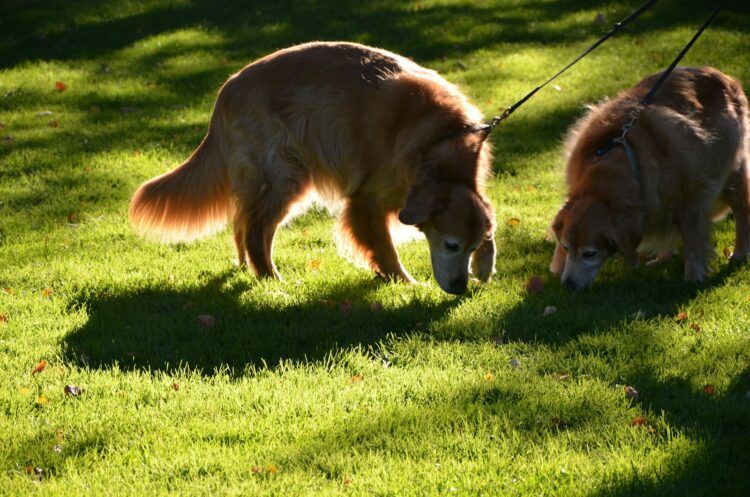
Going for a walk with your furry friend is like embarking on a thrilling adventure for them. Animals love to explore and sniff out all the fascinating scents in the world around them. Just imagine if someone whisked you through your favorite store without allowing you to browse—quite frustrating, right? Well, it’s similar for your pet! That’s why giving them plenty of time to sniff and explore during walks is essential.
Because You Yell at Them
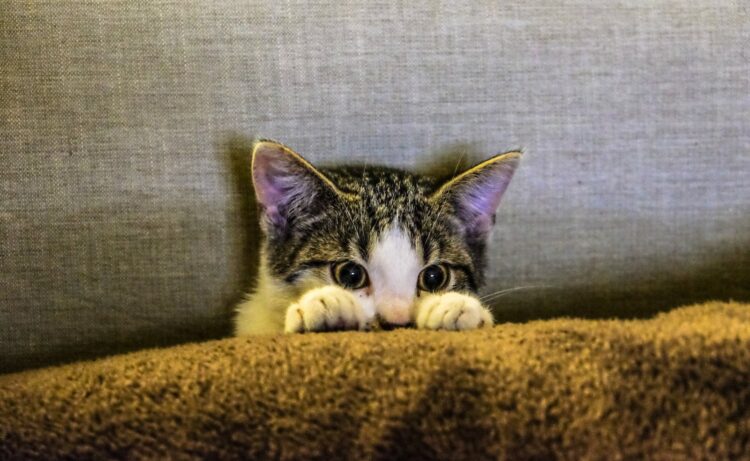
Nobody enjoys getting yelled at or harshly punished, and animals feel the same way. Even though they might not understand our words, they pick up on our emotions. If you have a sensitive pet, yelling or punishing them harshly can upset or even scare them. Fear doesn’t build respect, and using these methods won’t strengthen your relationship with your furry friend.
Because You Lack Rules and Routine

Surprising as it may be, all animals benefit from having some rules in place. If your pet misbehaves, it’s likely because it still needs to learn the rules. Training is key to giving them a structured life. A routine matters, too, because animals have their own internal clocks. Try feeding your pet at the same time daily and giving them regular exercise. After a few days, you’ll likely see your furry friend feeling much happier.
Because You Dress Them Up
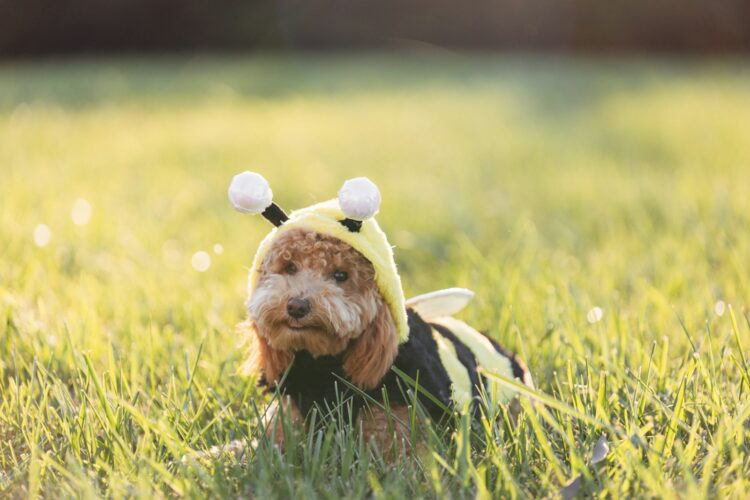
Lots of animals might put up with wearing outfits or costumes, but not many actually enjoy them. It all comes down to the individual pet. Some seem to relish the chance to dress up, while others prefer to keep it simple. To find out what your pet likes, try out different clothes and see how they react. And if you’re unsure, your vet or groomer can give you some advice, too.
Because of Your Strong Fragrances

Animals love sniffing all sorts of smells, but strong scents and chemicals can bug them and even hurt their noses. It’s smart to steer clear of sprays around pets. If your furry pal needs medicine sprayed on, avoid their face (it’s safer to spray the medicine on a cloth and gently apply it). When you use your own stuff like perfume or cleaners, keep your pet away and ensure nothing’s harmful if they accidentally sniff it.
Because You Ignore Them
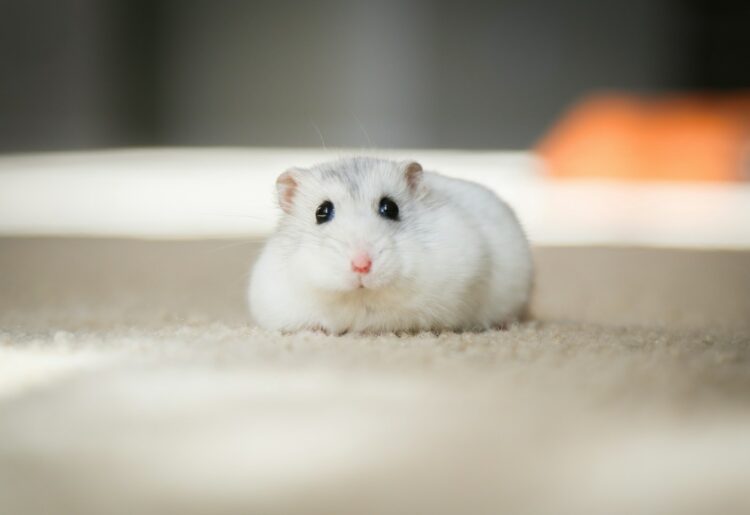
Pets have different feelings about the company—some find comfort in having other animals around, while others crave human companionship. In extreme cases, animals get really anxious when left alone, experiencing separation anxiety. The tricky part is that most pet owners must work and do other things to keep their furry friends fed and happy. So what’s the answer? When you’re home, try to spend quality time with your pet, bonding and making them feel super loved.
Because You Force Them into Uncomfortable Situations

If you push your pet into a scary situation, it keeps them stressed out. This technique, called flooding, only sometimes does the trick and can make things worse. A smarter approach is to introduce your pet to the scary thing little by little. Keep them at a safe distance and reward them for staying chill. If the fear is super serious, it might be time to bring in a trainer or behavior expert for help.
Because Your Mood Affects Them
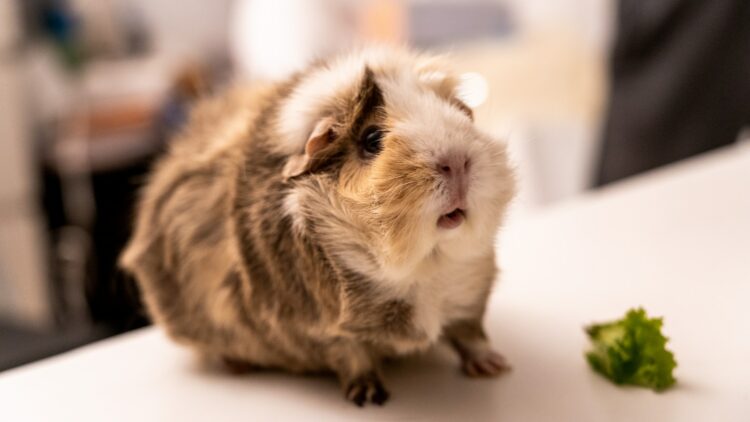
Life has its highs and lows—you can’t always be happy. But here’s the thing: animals can totally pick up on your vibes because of the strong bond you share. So, if you’re feeling down, stressed, or dealing with grief, it’s likely to rub off on your pet. Some pets might feel sad or even get sick, mirroring your emotions. Others might get bored or antsy and start misbehaving because they’re not getting enough attention.
Because of Your Social Interactions

A scientist did a study to see if animals, like dogs, can judge social situations like humans do. He wondered if dogs could tell when someone was being rude to another person and if that would change the dogs’ opinion of that person. It turns out that if someone is constantly rude to you, your dog might decide on its own that it doesn’t like that person. Our furry friends, it seems, are quick social judges!

